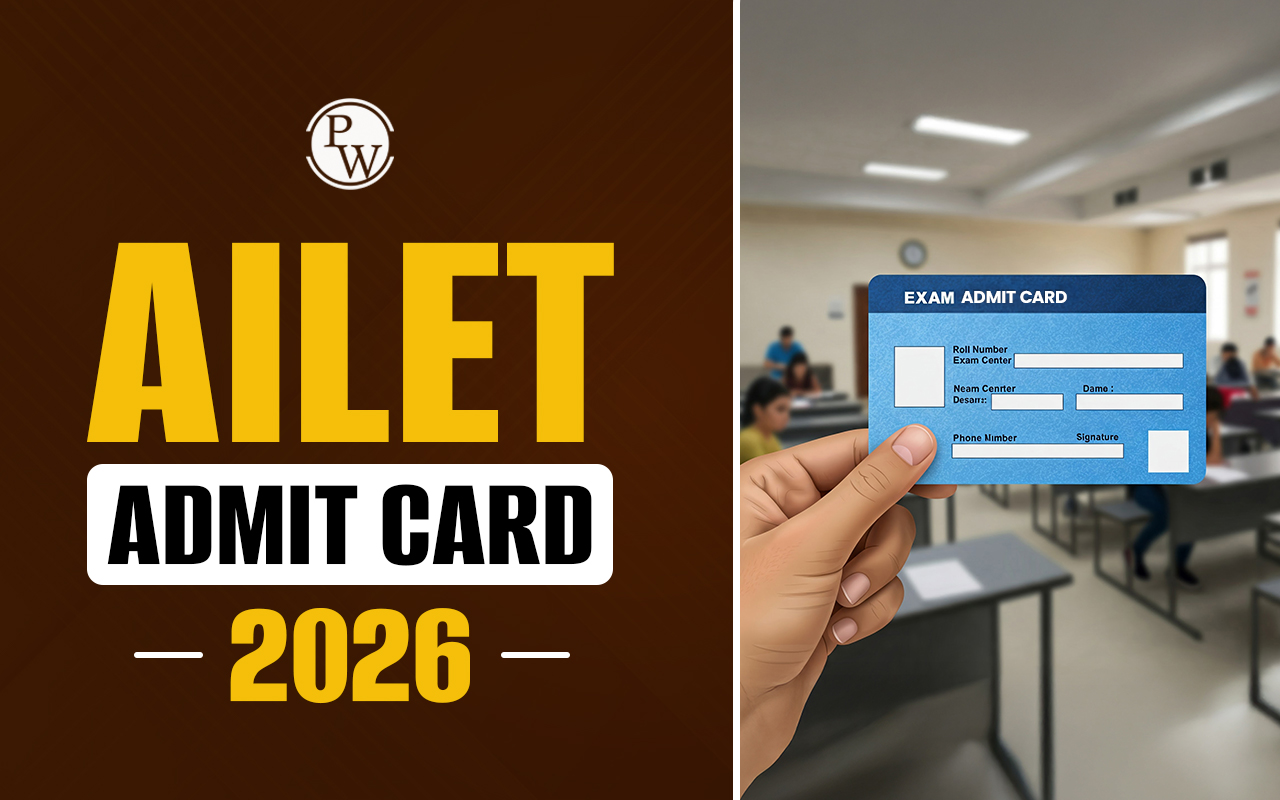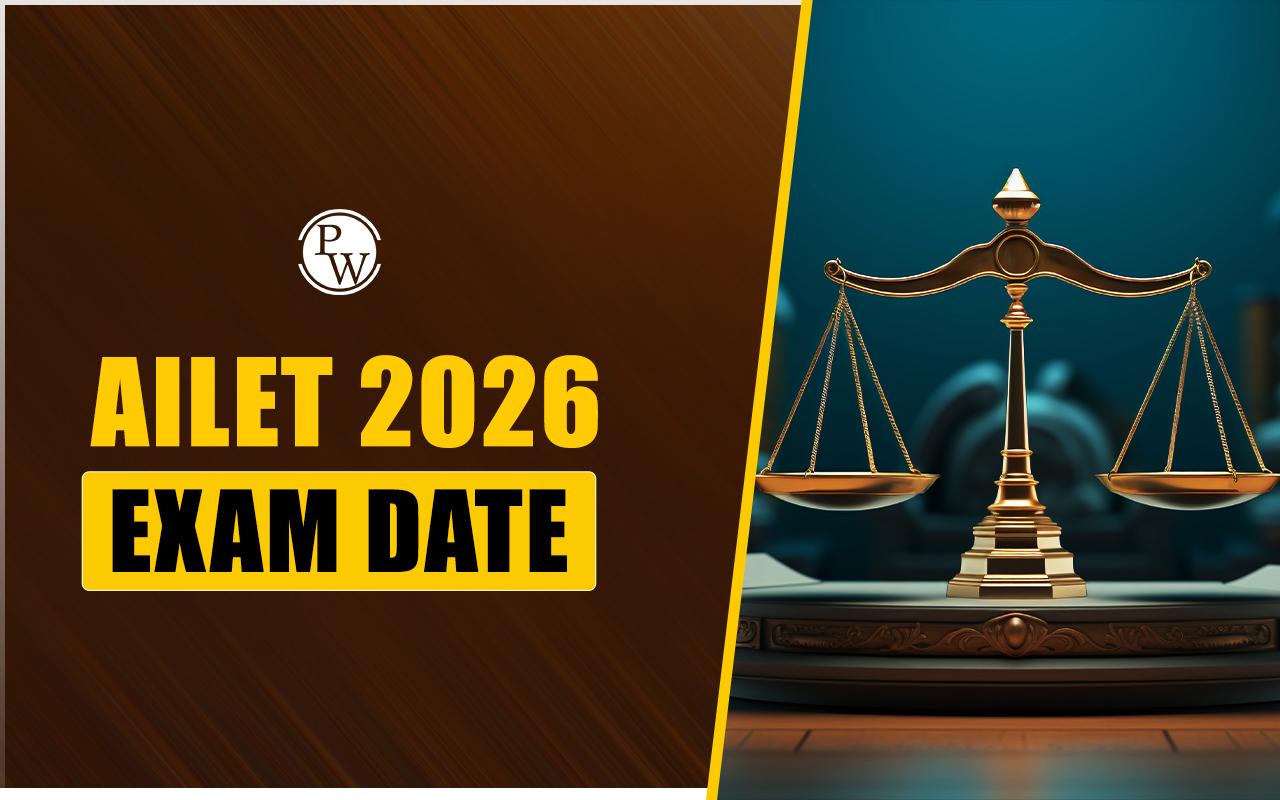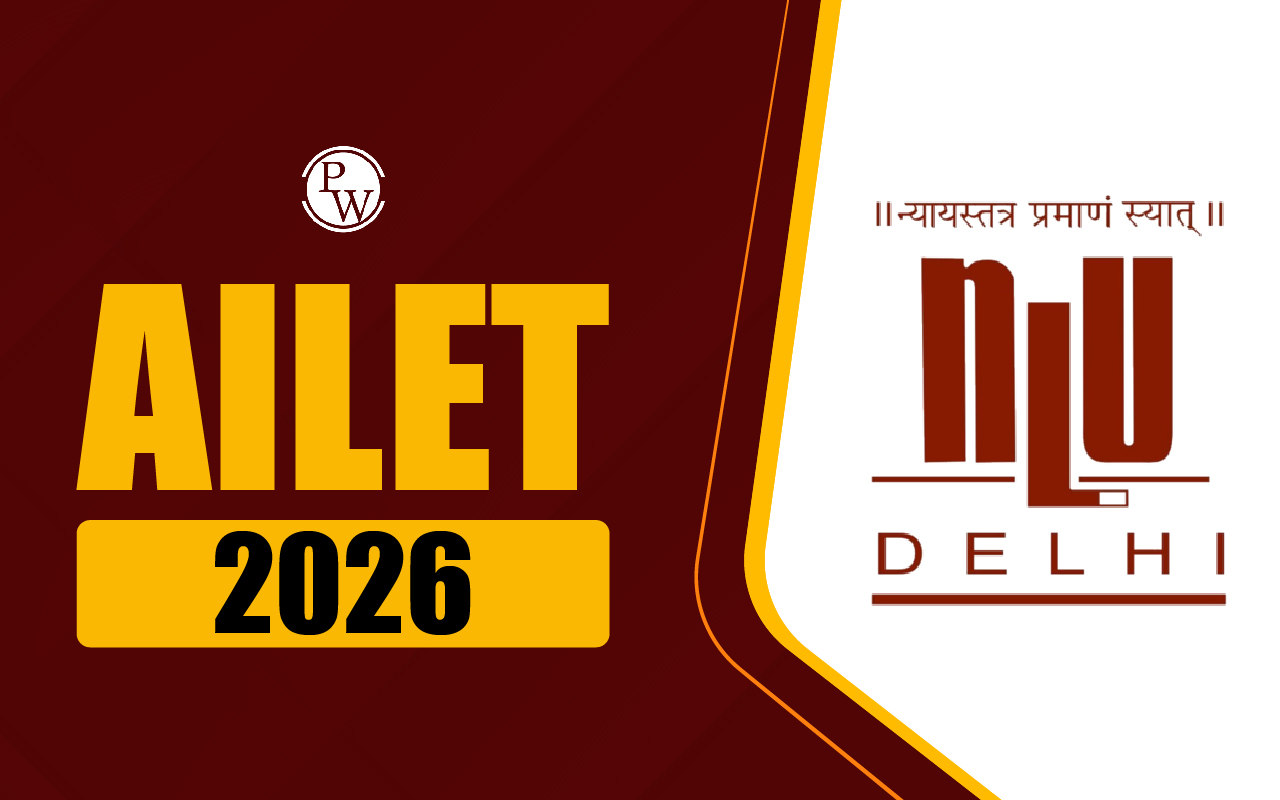

CLAT Vs LSAT
CLAT Vs LSAT: CLAT and LSAT are both entrance exams for law schools in India. If you aim to attend a prestigious law school, you'll need to take one of these tests. However, CLAT and LSAT have their own unique differences. This article will help you understand these distinctions, including the exam format, syllabus, difficulty level, competition, and more.
If you're considering a career in law and are unsure which exam to choose, keep reading! We'll explore the key variances between CLAT (Common Law Admission Test) and LSAT (Law School Admission Test) in India. Understanding the eligibility criteria, exam structure, topics covered, difficulty level, and other factors will assist you in making an informed decision based on your goals and strengths.
CLAT Vs LSAT: Key Difference
Here is a table summarizing the main differences between CLAT and LSAT:
| Particulars | CLAT | LSAT |
|---|---|---|
| Conducting Body | Consortium of NLUs | LSAC |
| Exam Level | National | National |
| Courses Offered | BA LLB (Hons), BSc LLB (Hons), BCom LLB (Hons), BBA LLB (Hons), BSW LLB (Hons), LLM | BA LLB, BBA LLB (Hons), B.Tech LLB, BSc LLB, BCom LLB (Hons), LLM |
| Courses Duration | Integrated LLB: 5 years, LLM: 1 year | Integrated LLB: 5 years, LLB: 3 years, LLM: 1 year |
| Participating Colleges | 24 NLUs | 16+ LSAT-participating colleges |
| Frequency of Exam | Once a year | Twice a year |
| Sections | English Language, Legal Reasoning, Logical Reasoning, Current Affairs and GK, Quantitative Techniques | Reading Comprehension, Analytical Reasoning, Logical Reasoning-1, Logical Reasoning-2 |
CLAT vs LSAT: Basic Difference
The CLAT is a national entrance exam organized by the Consortium of NLUs in India. It is for students aiming to join undergraduate (LL.B) and postgraduate (LL.M) law programs at participating universities.
On the other hand, the LSAT is conducted by the Law School Admission Council (LSAC). It is tailored for students seeking undergraduate and postgraduate law programs offered by LSAT-participating colleges.
CLAT vs LSAT Eligbility Criteria
To apply for both CLAT and LSAT's undergraduate programs, you need to have passed your 10+2 exams. If you're applying for CLAT, you need to have at least 45% (40% for reserved categories) in your 10+2. Check out CLAT Eligibility for more details.
For CLAT's postgraduate program, you need an LLB degree from a law school recognized by BCI. You also need at least 55% (50% for reserved categories) in your graduation. LSAT's minimum score for both undergraduate and postgraduate programs depends on the institution you prefer. Make sure to review LSAT Eligibility Criteria before applying.
| Exam Program | Eligibility Criteria |
|---|---|
| CLAT - Undergraduate Program | Passed 10+2 exams with a minimum of 45% (40% for reserved categories) |
| CLAT - Postgraduate Program | LLB degree from a law school recognized by BCI with at least 55% (50% for reserved categories) |
| LSAT - Undergraduate and Postgraduate Programs | Minimum score varies depending on the preferred institution |
CLAT vs LSAT: Exam Difficulty
CLAT is known to be the toughest law entrance exam in India, while LSAT India is comparatively easier but still challenging. LSAT India is conducted by LSAC, a globally recognized body known for its quality testing. Understand LSAT Syllabus well to prepare effectively.
CLAT requires you to answer 150 questions in two hours, covering various subjects. It has negative marking of 0.25 marks for each wrong answer, which LSAT India doesn't have. LSAT India usually has 92 questions to answer in 2 hours and 20 minutes. Look into previous years' CLAT Cut Off for reference.
| Exam | Difficulty Level | Exam Duration | Number of Questions | Marking Scheme |
|---|---|---|---|---|
| CLAT | Very Difficult | 2 hours | 150 | Negative marking of 0.25 marks for each incorrect answer |
| LSAT India | Challenging | 2 hours and 20 minutes | 92 | No negative marking |
CLAT Vs LSAT: Which exam is right for you?
It depends on what you're good at and what you struggle with. If you're confident in various subjects and don't mind a system where you lose marks for wrong answers, CLAT could be the one for you.
But if you're better at understanding what you read, reasoning logically, and solving problems analytically, then LSAT India might suit you better.
Whichever test you go for, starting your preparation early is key.
There are plenty of resources out there to support you, like online courses, practice tests, and tutoring.
CLAT Vs LSAT FAQs
Is LSAT better than CLAT?
How difficult is LSAT India?
Does NLU accept LSAT?
Is LSAT USA harder than CLAT?
What is CLAT & LSAT?












